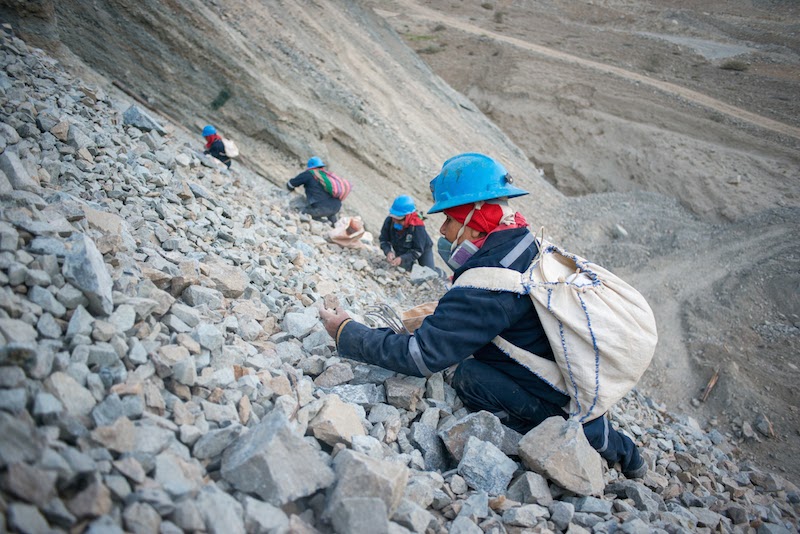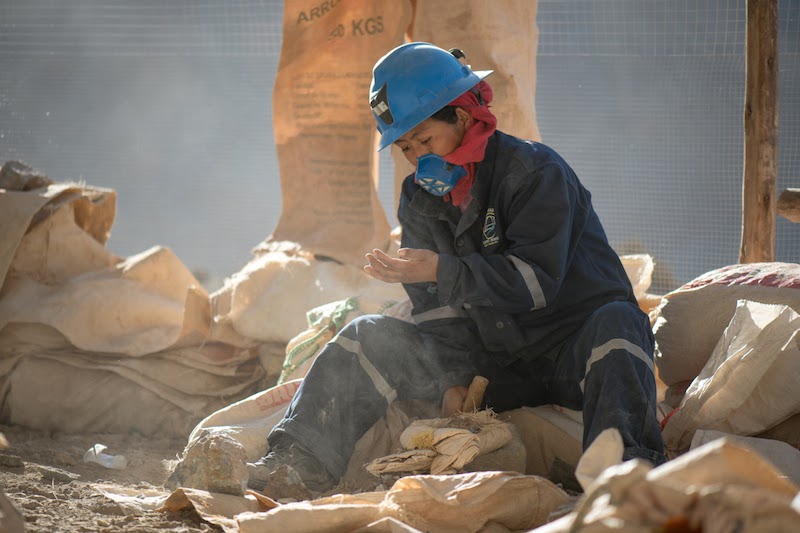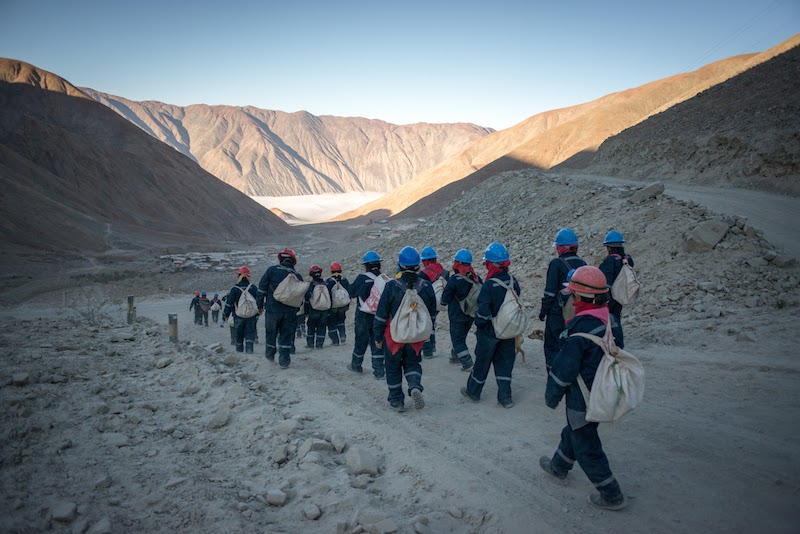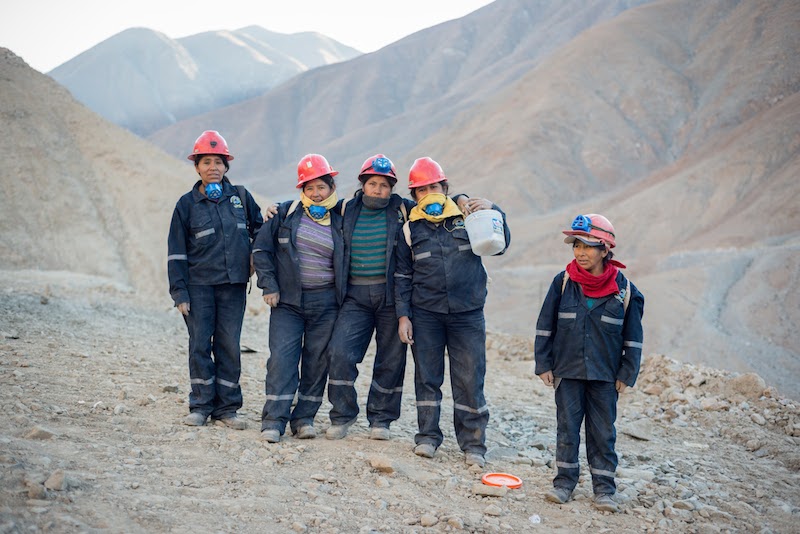
Official Recognition of The Pallaqueras
On 21 July 2018, for the first time ever, the Peruvian Government acknowledged the Pallaqueras in an official decree. On this day, the Ministry of Mines and Energy made a statement from which it followed that several traditional artisanal and small-scale mining practices were enabled to engage in legal trading transactions with processors and gold traders. Among these traditional practices is “pallaqueo”, an activity performed mainly by women. So far, this action is limited to the Puno region, but is expected to be replicated nationally.
A Major Step Towards Formalization
Prior to this development, Pallaqueras were not recognized by the state as members of the value chain. This prevented them from participating in formal and regulated business transactions, with no other option than to sell their minerals on the informal market. This left them with an income of 60 USD to 166 USD per month, well below the minimum wage of 280 USD in Peru.

Landmark Regulation
Through the new regulation, the Pallaqueras’ role in the mining sector is finally visible. This grants them access to formal markets within certain production volumes, where they can sell their ore to refiners, and gold processing plants.
According to the study conducted by Solidaridad and Red Social, “Pallaqueras: Among Gold and Stones”, the “pallaqueo” represents the only or main economic activity among the majority of female miners in populated areas, predominantly in the Puno region.

Raising Visibility Through Research
The research, funded by the European Union through the project “Oro Justo” (Fair Gold), was the first of its kind to statistically quantify these women, vulnerable within the value chain because of their work conditions and their gender. Pervading beliefs in the Andean culture still regard women as a bad omen within the mining activity, challenging their presence in artisanal and small scale mining.

The Solidaridad Gold Programme in Peru supports artisanal and small-scale artisanal miners to comply with legal requisites to enter the formal market.
This is the only way to ensure they can access labour rights, safety and health at work.
Find out more about Solidaridad’s Gold programme here.
